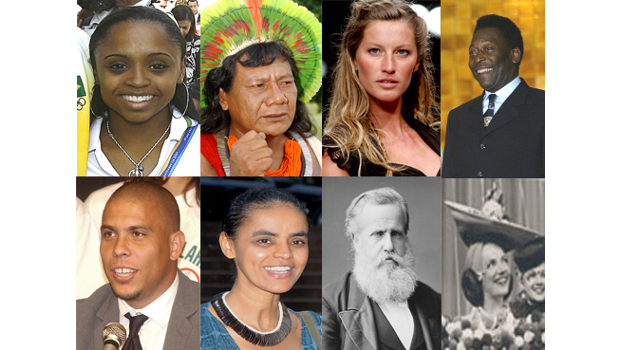Hew To The Line And Let The Chips Fall Where They May.
The Broad Ax
Salt Lake City, Utah
1903-09-05 (Volume VIII, Number 45)
page 1, columns 5-6
Source: Chronicling America: Historic American Newspapers. United States Library of Congress.
(For “The Broad Ax”)
1, 2, 3, 4, 5,—8. The reader will observe the figures at the beginning of this paragraph; but, until he finishes this article, he is not likely to bestow upon them the significance to which they are justly entitled.
A farmer had in his fruit orchard a robust hardy apple tree. It was what fruit raisers denominate “a standard tree;” that is, it was a tree grown from the seed of the tree from which its predecessors had grown; and so on, backward and backward. There had been no admixture with apple trees of a different variety. The farmer, wishing to improve the flavor of the fruit this standard tree yielded, he grafted into its trunk, or bole, theyoung shoot of a pear tree; and true enough, the next year’s apples had a sort of pear flavor. Experimenter, as he was, he then grafted into it the sion of the plum tree. The apples of the year that followed were of still better flavor than those that had preceded them. A third grafting of a quince followed; then peach and apricot making a fourth and a fifth. A sixth and seventh unsuccessful attempt was made; and, although the standard tree still lived, its owner discovered that at each succeeding grafting, it looked less robust, and there were not so many apples. In time, there was but half a crop after the first grafting! but a quarter of a crop after the second grafting; but an eighth of a crop after the third grafting; and but a sixteenth after the fourth grafting. The fifth grafting lessened the supply to a thirty-second; the sixth to a sixty-fourth; the seventh to a 128th, and after the 8th grafting, there was no fruit at all.
The farmer was puzzled; and, on reviewing the matter, he then remembered that with the fruit of each grafting there was a corresponding quick ness in the decay of the fruit yield. And he noticed, also, that although the hardy standard tree, had lived and yielded fruit, the supply of the fruit lessened with each grafting.
Poor man! He was puzzled exceedingly. Why? Because he did not comprehend that great law of nature which says–“Thus far mayst go, but no farther!”
The great law, under which, we are born, live and grow, is a fixed, unalterable law. To a certain extent we can and do violate it; but we cannot violate it beyond a certain limit.
The black race (African), the pure black blooded, is one of the five races of mankind that have reached the plane of memory, foresight, refection. The other four races are the white (Caucasian), red (the Indian), the brown (the Malay), and the yellow (Chinese). The cultivation of the mind will put either of these five races on its own plane; and the plane of one race is no higher than another; but no race can reach, its own plane or the, plane of another by mixing. Mongrels have no plane—no race—because their blood is a compound of various degrees of other bloods. Therefore if a race of people wish to become elevated, if they desire to stand upon a mental and physical platform as high as tat upon which another race occupies, they must propagate exclusively among themselves. A pure-blood man or woman must marry a pure-blooded woman or man. If a pure blooded offspring is expected. A race of people, no matter whether black, brown, red, yellow or white, cannot reach its true plane by mixture. It is against Nature’s fixed law—a crime which Nature punishes, and how? Why? By extinction.
The figures show—what? Why, the gradual deterioration of a race, that indulges in mixing with other races. Each mixture lessens the number of offspring; and there is a proportional shortening of the life period. When an eighth mixture Is reached, there is no further offspring! There are many pretty octoroon girls and some fine looking octoroon boys; but there are no octoroon mothers or fathers. Many quinteroons (five eighths white) pass for octoroons, but they are not such.
Let the pure black man and the pure black woman unite. Let them teach their children the importance of race purity and in time their offspring will rise to a plane as high as is the plane upon which stands any other race. Let the black race arouse its racial pride; its ambition; let it cultivate the faculty of reason and cram into its brain everything that is educational. By so doing it will become elevated.
Respectfully,
“THE DOCTOR”


